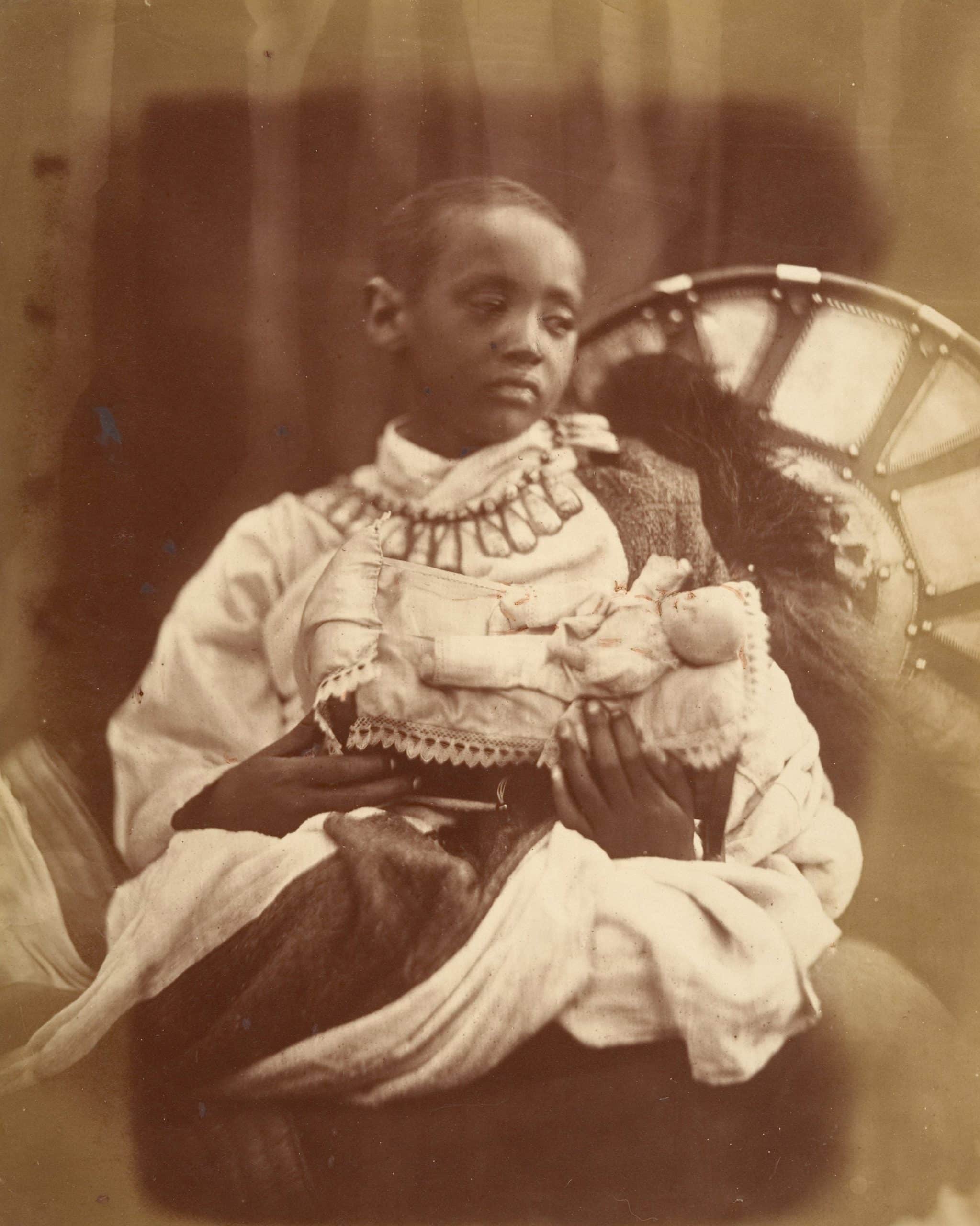Top Line
Buckingham Palace in the United Kingdom (UK) has yet again reportedly declined a request to return the remains of an Ethiopian prince, Prince Dejatch Alemayehu, who came to be buried at Windsor Castle in the 19th Century. The re-emergence of this subject has caused a furore on social media with users calling the refusal “revolting”.
Key Facts
The descendants of Prince Alemayehu have made it abundantly clear that “it was not right” for him to be buried in another country other than his own.
“We want his remains back as a family and as Ethiopians because that is not the country he was born in,” one of the royal descendants, Fasil Minas, told the BBC.
However, a Buckingham Palace spokesperson has stated that removing his remains could affect others buried in the catacombs of St George’s Chapel in Windsor Castle.
“It is very unlikely that it would be possible to exhume the remains without disturbing the resting place of a substantial number of others in the vicinity,” the palace said, according to the BBC.
Social media users are up in arms by this decision with many calling for Buckingham Palace to not only return the remains of Alemayehu but other priceless artifacts that “do not belong to them”.
“It’s revolting how the monarchy won’t return the remains of Prince Alemayehu who they kidnapped from Ethiopia. So many of the world’s priceless artifacts were stolen by them and The British Museum, and should be returned.”
“The idea that the British royals are somehow entitled to the body of Prince Alemayehu, even in death, is nothing short of grotesque. But it’s not unrelated to the fact that the young man was taken to England with a huge hoard of artifacts.”
The history of the prince’s story is well documented in both Ethiopia as well as in British society. At just seven years old, Prince Alemayehu was taken to the UK by British army officer Captain Tristram Speedy. As the son of one of the most prominent rulers in Ethiopian history, Emperor Tewodros II; Tewodros committed suicide as the British troops stormed the citadel of Magdala.
In 1868, British soldiers “looted” Tewodros’ imperial fortress after the battle, plundering thousands of cultural and religious artifacts such gold crowns, manuscripts, necklaces and dresses.
According to reports, once in the UK, Speedy presented the Prince to Queen Victoria who allegedly sympathized with the prince and agreed to support him financially. Multiple tales in history, including a diary entry by Queen Victoria, note how despite receiving a British Education, the rest of his upbringing he was miserable. Historians say that he was “deeply unhappy” during his time at
prestigious boarding schools like Rugby and Sandhurst military college as he frequently encountered racism, and that his requests to return home were ignored.
He died of pneumonia at age 18 and, at the reported request of Queen Victoria, was entombed in the catacombs in a corner of St George’s Chapel at Windsor Castle, the royal residence west of London.
This is not the first time that a request has been made to the Royal Family to return the remains of Alemayehu. According to The Guardian, the campaign to return the Prince to his home country began as early as 2006 with the late Queen Elizabeth II “rebuffing” the request. According to the Ethiopian embassy, the Lord Chamberlain replied on behalf of the Queen, saying “while Her Majesty was in favour of repatriation […] identifying the remains of young Prince Alemayehu would not be possible”. The prince’s remains had been added to a grave at St George’s Chapel with nine others.
This is a developing story: FORBES AFRICA reached out to the British Museum and Embassy of Ethiopia in London, but did not receive comment from either at the time of publication.
